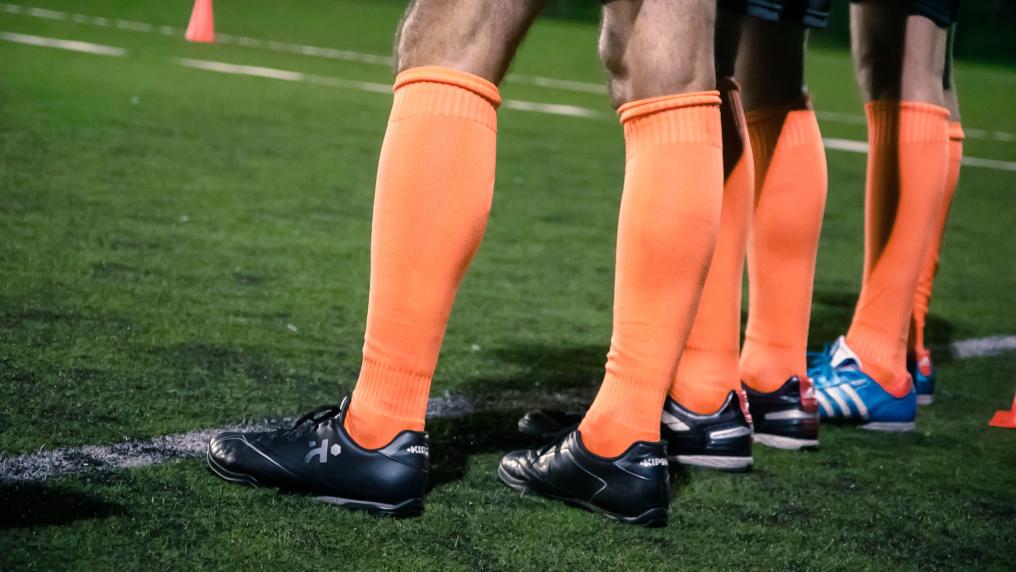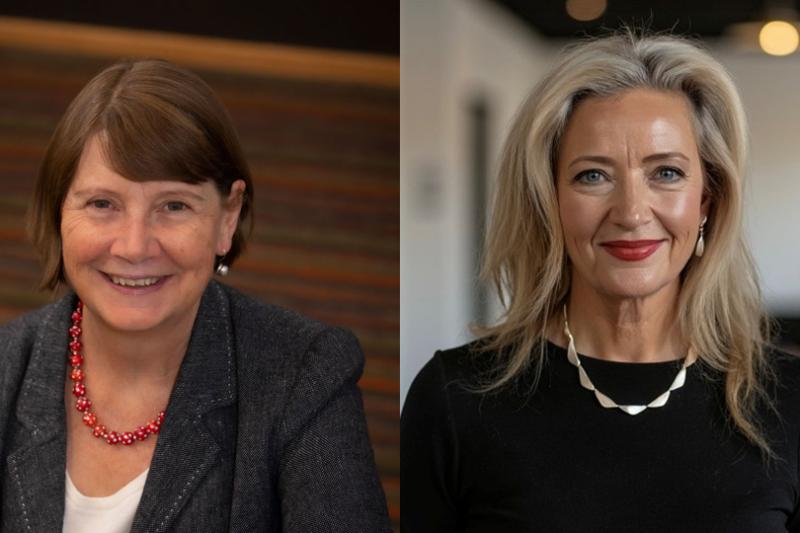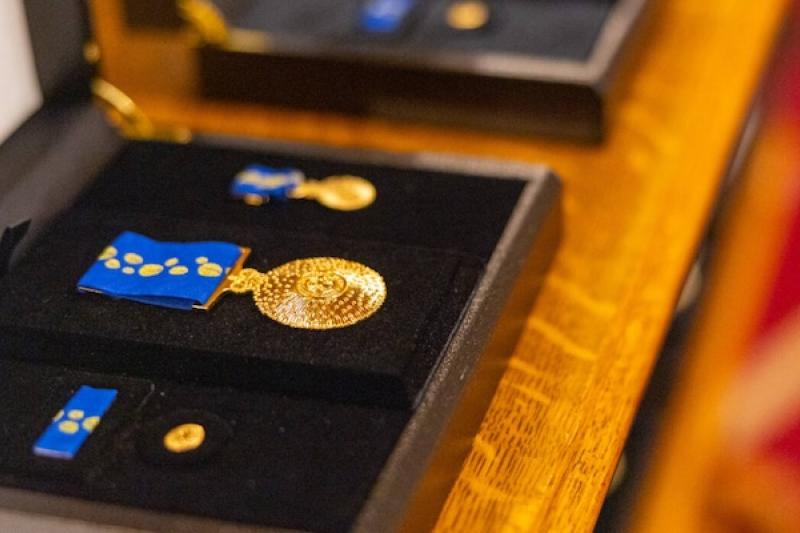VU sport experts & FIFA join forces

Victoria University is working with international football governing body FIFA to establish world-first standards for electronic movement-tracking devices.
Many football clubs now use electronic devices to track player movement and performance. VU’s Institute of Sport, Exercise and Active Living (ISEAL) has been selected by FIFA to examine the quality, reliability and reproducibility of the devices against a computer vision standard, said lead researcher Associate Professor Rob Aughey.
Movement tracking in football
In 2015, law-making body IFAB (International Football Association Board) approved the use of wearable tracking devices, but mandated FIFA set clear guidelines on using them during matches.
The tracking systems are not designed to replace coaches; but at an elite sport level, they can result in incremental improvements that can mean the difference between winning or losing a match.
Tracking-system data also feed into important decision-making around how much work an athlete has done relative to what they normally do or are conditioned to do. This allows coaches to modify training and recovery to protect player performance and reduce injury risk.
Victoria University's research project by ISEAL
The project is the largest of its type to be conducted anywhere in the world to date. ISEAL researchers recently studied systems from 13 manufacturers at 17 friendly matches of Under 18 and Under 20 national premier league teams in Melbourne.
Associate Professor Aughey says:
“We used a computer vision model jointly developed by the Australian Institute of Sport and Disney Corporation to get precise locations of players on the football pitch, and then compared the location data from commercial suppliers against our standard,”
The research will directly help the game of football in policy and rule development, as well as in future applications for officiating, broadcasting, and potentially in detecting match-fixing.
FIFA’s Nicolas Evans, Group Leader of the Quality Programme in charge of setting technical standards, said FIFA chose ISEAL after a long selection process. The decision was swayed by ISEAL’s reputation for research excellence, its unique interdisciplinary approach, and its track record for high-quality analysis in high-performance sport.
“The proposal was a good mix of scientific endeavour and a very practical solution to achieve what we’re looking at – a full-scale analysis of a football game as opposed to small-scale laboratory research,” Mr Evans said. “The very practical research and combination of different disciplines at Victoria University convinced us to use VU for the trials.”
VU’s Pro Vice-Chancellor (Sport Strategy), Professor Hans Westerbeek, said joining forces with one of the world’s leading sport organisations reinforced ISEAL’s reputation for innovative world-class sport research.
“This collaboration gives us an edge in practising the science that has real impact in the sports industry,” he said.



